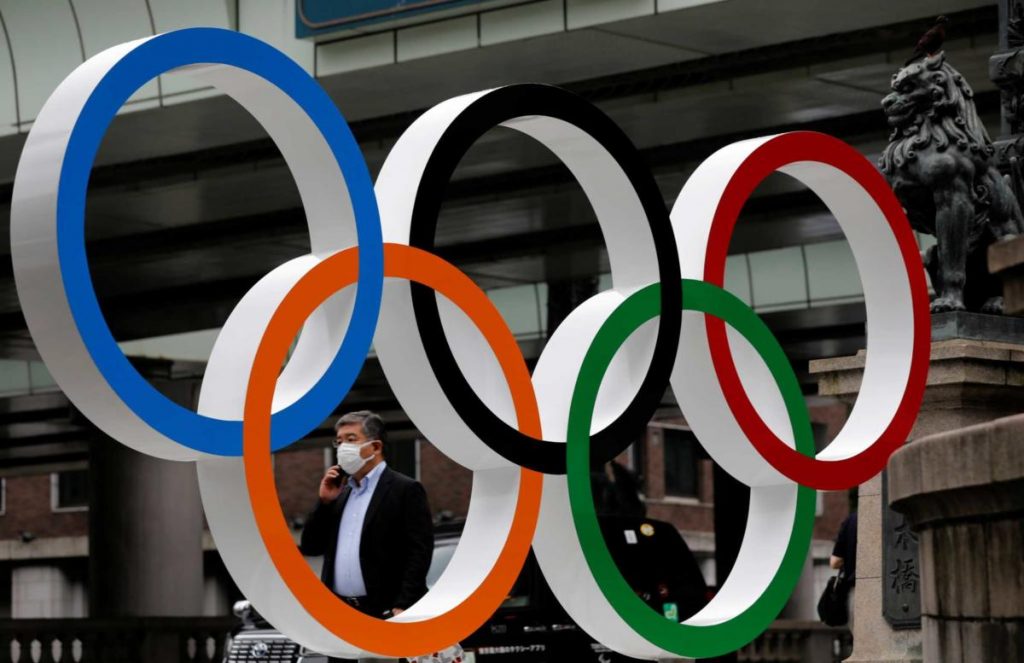Melvin Durai
One of my favourite moments from the Tokyo Olympics came in the finals of the men’s high jump, when the top two competitors, Mutaz Essa Barshim of Qatar and Gianmarco Tamberi of Italy, decided to share the gold medal.
The tall and nimble athletes, who had become friends over the last decade while competing at various events around the world, had each cleared an amazing height of 7 feet, 9 1/4 inches, basically jumping over LeBron James by more than a foot.
Their attempts to jump even higher had failed, so an Olympic official started to tell them their options, including having a ‘jump-off.’ But before he could finish, Barshim asked, “Can we have two golds?”
“It’s possible … if you both decide … ,” the official started to say, and next thing you know, the two athletes were hugging each other and celebrating. While Barshim threw his hands in the air and pumped his fists, Tamberi rolled around on the ground, holding his chest like he was having a heart attack.
It would not surprise me to learn that an ambulance had been summoned, and that every losing athlete in Tokyo was breathing a sigh of relief, realising that a gold medal could be hazardous to one’s health.
It turns out that high jump is one of the only two Olympic events—pole vault is the other—where a gold medal can be shared, as long as the athletes agree not to break a tie. Rule 26.8.4 of the technical rules for World Athletics, the international governing body for track and field, reads as follows: “If no jump-off is carried out, the tie for first place shall remain, the gold medal will be shared, and the ecstasy, euphoria and jubilation of multiple athletes will be permitted.”
While most sports fans appreciated the sportsmanship that the two high jumpers exhibited, some were not thrilled about a shared gold medal. “Maybe it’s just me but I wish the rule wasn’t there to ‘share’ the gold. Surely there needs to be an outright winner?” BBC sports reporter Rob Staton commented on his blog.
Another commenter named Trevor agreed with him, saying, “Imagine training for 4 years to win a gold medal and then deciding you will just share it, instead of trying to win?”
But what’s wrong with sharing? The world would be a better place if more people were willing to share: share meals, share rides to work, share everything but germs and viruses.
Does every contest need an outright winner? If two Olympic finalists are so closely matched that you can’t separate them without an artificial tiebreaker, perhaps they both deserve to return home as heroes. Of course, the silver and bronze medals are quite prestigious by themselves. Finishing in the top three in the world is a magnificent achievement, and athletes such as PV Sindhu and Mirabai Chanu deserve the adulation they have received.
In fact, I believe that we should expand the medal podium and honour the top five athletes in every event. The fourth place finisher would receive a tin medal and the fifth place finisher would get aluminum. Perhaps we could also treat the sixth place finisher to zinc.
PT Usha and the late Milkha Singh both deserved Olympic medals in track and field. Usha, one of India’s greatest female runners, finished fourth in 400m hurdles at the 1984 Los Angeles Olympics, just 1/100th of a second behind the bronze medallist. Singh finished one-tenth of a second behind the bronze winner in the 400m race at the 1960 Rome Olympics.
Both were a blink of an eye from a medal. They did not get a spot on the medal podium, but they were definitely winners in my book.
